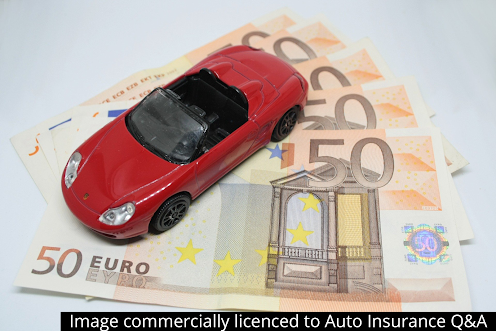How Does Multi-Car Insurance Work?
Most often, a multi-car insurance policy works the same way as a single-car insurance policy. When you fill out the application form, you provide information about your vehicles and people who drive them. These people could be your family members, relatives, friends, and employees.
Some car insurance companies ask about the primary driver for each vehicle. Companies apply discounts to your multi-car insurance quote as you apply for it. Some insurance companies allow for shared coverages while others allow only one driver for one car. For instance, all drivers can share liability coverage on your multi-car insurance policy.
However, your insurance provider can set different collision and comprehensive coverages for every driver or vehicle. That way, you can carry full coverage on your new car without paying an additional amount for your son or daughter’s car.
How to get the most out of Multi-Car Insurance?
Having multiple cars increases the risk of accidents automatically. Insurance companies consider drivers high risk who are under the age of 25. It means the company will increase your premium.
Even if you add a car to your insurance policy that is driven by an amateur driver, you can offset the extra costs through the discounts associated with your multi-car coverage. It is crucial to work with an experienced car insurance agent because he or she knows how to assess the current situation and help you get the best possible rates to save money.
An experienced agent understands your changing family needs, so he or she can come up with sophisticated solutions and help you get the best insurance policy at an affordable price.
Most insurance companies offer big discounts on multi-car coverage policies. However, you have to find a company that allows you to save at least 25% on your policy. Likewise, you need to choose an insurance company that offers one renewal date and payment date.
Avoid getting a separate policy for each car, as this can lead to increased rates. You can also miss out on discounts and experience the hassle of tracking multiple bills each month. If you have a deductible of £1,000 on your policy, you will fork up £1,000 to fix multiple cars if they had got damaged in the same accident.
Final Words
Many car insurance experts recommend having enough auto insurance to save money. Combining car insurance policies into a multi-car coverage provides better protection for all your vehicles, and you can also get discounts for all your cars to save more money.
If a driver with a clean driving record or a low-cost car moves into your home, it is a great idea to add them to your multi-car insurance policy. That way, you can save 25% or more on your policy.


